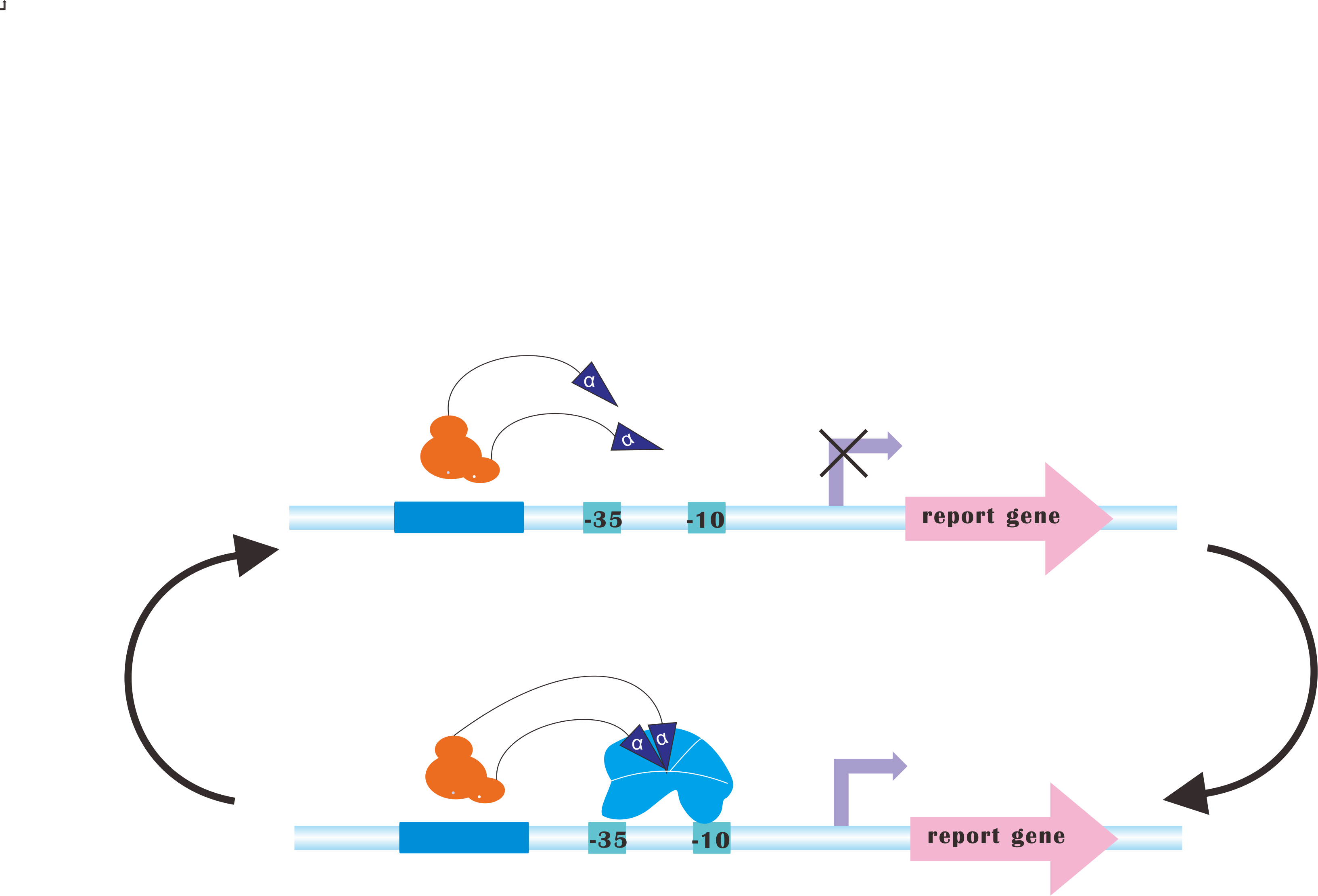Team:SJTU-BioX-Shanghai/Prospect
From 2013.igem.org
(Difference between revisions)
(→CRISPRi-on) |
|||
| Line 28: | Line 28: | ||
<!----------------------------------------------------从这里开始写wiki---------------------------------> | <!----------------------------------------------------从这里开始写wiki---------------------------------> | ||
=CRISPRi-on= | =CRISPRi-on= | ||
| + | At present, our Metabolic Gear Box, which combines CRISPRi with light sensors, only down-regulates three genes of a pathway. However, in many other cases, genes in a synthetic pathway are supposed to be up-regulated in order to acquire the most products. | ||
| + | A newly devised tool, CRISPR-on, has provided some inception. CRISPR-on devisers simply fuse a transcriptional activation domain with dCas9 to create a sequence-specific transcription activating tool. CRISPR-on has been proved to be effective in human and mouse. We expect to conduct similar work in our bio-factory, ''Escherichia coli''. | ||
| + | Our plan is to fuse alpha factors with dCas9 protein, which has previously been proved to be a successful method to create blue-light-induced transcription factors (Camsund et al., 2011). Our design is shown below. | ||
| + | [[File:CRISPR-on.png]] | ||
| + | |||
=Smaller Light Sensor= | =Smaller Light Sensor= | ||
=Absolutely Automatic= | =Absolutely Automatic= | ||
Revision as of 03:19, 28 September 2013
 "
"
